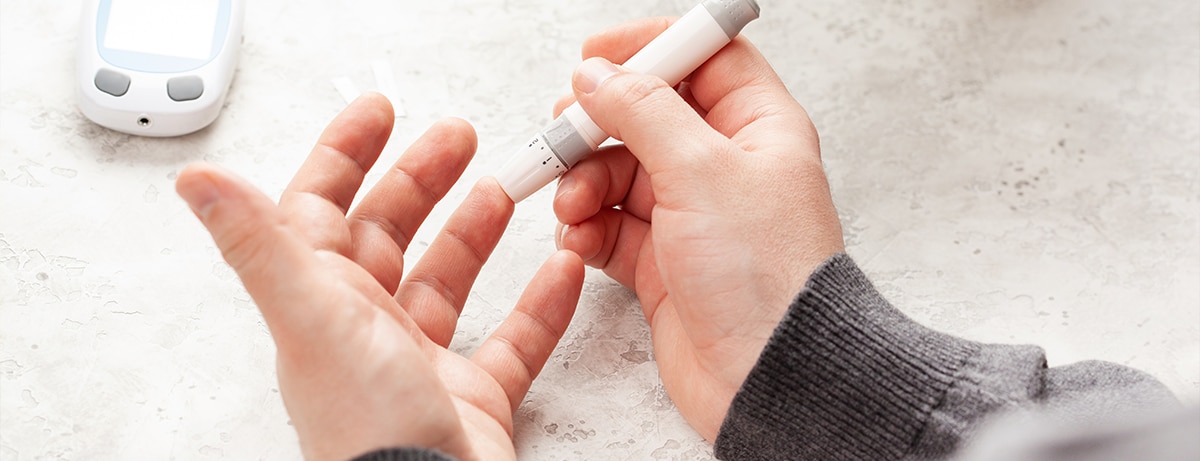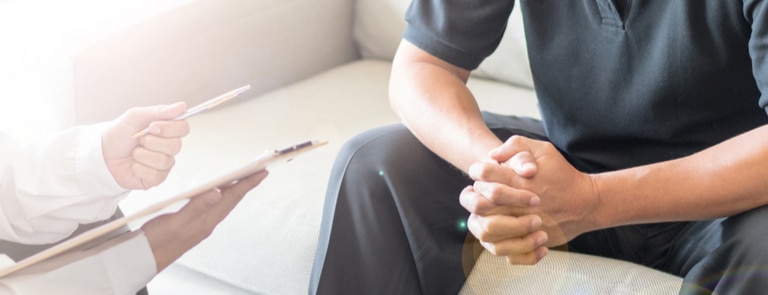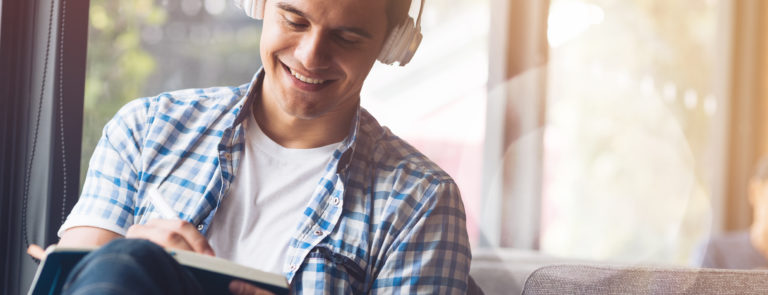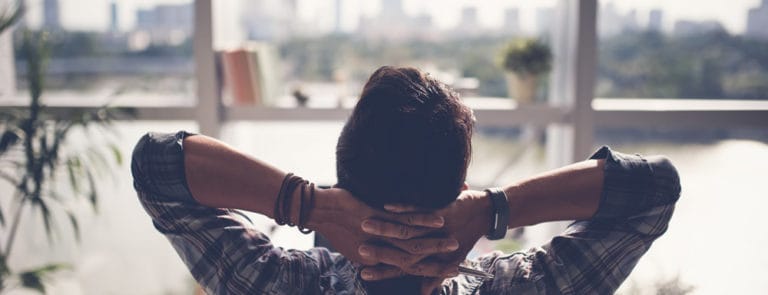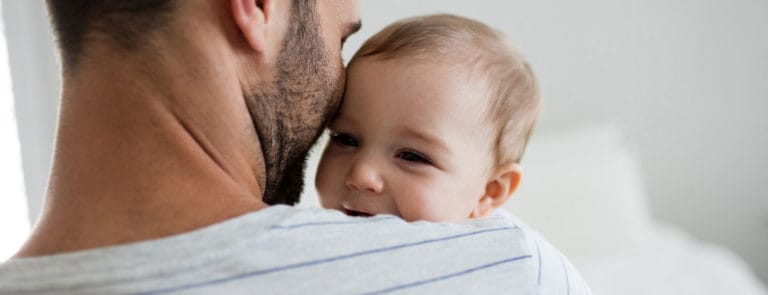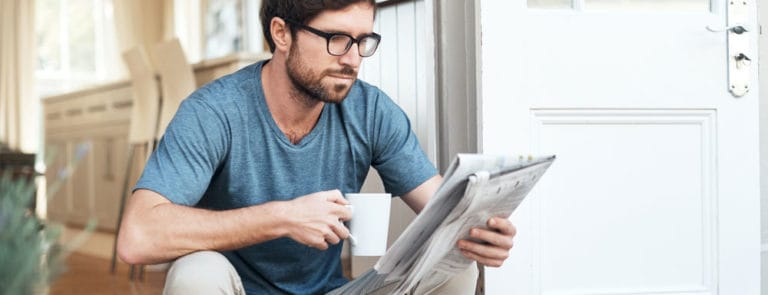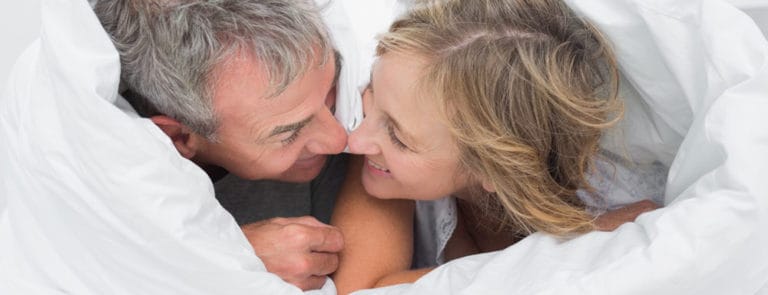10% off £30 OR 15% off £40
Code:DECIDE
Offers3 for 2 Mix & MatchSave up to 1/2 PriceOnline only - Up to 33% offGreat SavingsBuy one get one 1/2 priceOutletIntroductory OfferBuy 1 Get 1 Free2 for £60 Mix & Match2 for £5 Mix & MatchShort DatedVitamins & SupplementsVitamins & Supplements Shop AllHair, Skin & NailsCollagen & SilicaMuscle Support & Joint PainDigestive HealthMagnesiumFunctional MushroomsVitaminsShop all VitaminsMultivitaminsVitamin AVitamin BVitamin CVitamin DVitamin EVitamin KVitamin DrinksMineralsShop all MineralsMagnesiumIronZincCalciumSeleniumChromiumSupplementsShop all SupplementsFibre SupplementsAcidophilus & Friendly BacteriaPeppermint OilGrapeseed ExtractLecithinCollagen & SilicaOmega & Fish OilsPlant Sourced SupplementsSuperfood SupplementsArnicaApple CiderRaspberry KetonesAloe VeraChondroitin & MSMCo Enzyme Q10Evening Primrose OilGarlicGinkgo BilobaGlucosamineGlucomannanSeaweed, Kelps and Aquaceuticals5 HTPDigestive EnzymesSaw palmettoCharcoalConditionShop all ConditionCholesterolAllergy & Hay Fever CareAnxiety SupportBone & Muscle HealthMuscle Support & Joint PainBrain & Memory SupportWomen's HealthMen's HealthChildren's HealthCold & Immune SupportFatigueDigestive HealthHair, Skin & NailsHeart & CirculationLiver CareMood SupportSexual HealthSleep & RelaxationStress ReliefVisionWomen's HealthShop all Women's HealthPerimenopauseMenopauseMenstrual SupportUrinary Tract HealthPregnancy & ConceptionMen's HealthShop all Men's HealthProstate HealthChildren's HealthCBD Vitamins & SupplementsShop all CBD Vitamins & SupplementsCBD OilCBD CapsulesCBD SprayCBD GummiesHerbal & Licensed RemediesShop all Herbal & Licensed RemediesRescue RemedyAshwagandhaMilk ThistleGinseng & GuaranaHomeopathic & Flower RemediesShop all Homeopathic & Flower RemediesRescue RemedyTissue SaltsFlower RemediesHomeopathic RemediesAt-Home TestsVegan Vitamins & SupplementsHolland & BarrettVitabioticsSolgarNew NordicWeledaBetterYouBioglanGrass & Co.Nature's WayNatures AidJoints, Aches & PainsImmunityGut HealthEnergyLow Mood & DepressionStress & AnxietyChildren's HealthHealthy HeartWeight ManagementWomen's Health - Menopause & Perimenopause3 for 2 Mix & MatchSave up to 1/2 PriceOnline only - Up to 33% offOutletGreat SavingsBuy one get one 1/2 priceBuy 1 Get 1 FreeIntroductory OfferDairy FreeGluten FreeSesame Seed FreeCelery FreeCereal FreeCrustaceans FreeEgg FreeFish FreeKiwi FreeLupin FreeNew inFood & DrinkChristmas Food & GiftsAdvent CalendarsFood & Drink Shop AllDried Fruit, Nuts & SeedsShop all Dried Fruit, Nuts & SeedsDried FruitNutsSeedsMixesTeas, Coffee & Hot BeveragesShop all Teas, Coffee & Hot BeveragesCoffee & Coffee SubstitutesMushroom DrinksTeasSuperfood TeasMatcha & Green TeaHerbal TeaPeppermint TeaSleep & RelaxationSlimming TeaWomen's Health TeasHoney, Jams & SpreadsShop all Honey, Jams & SpreadsManuka HoneyHoneyNut ButtersJams & ChutneysSyrupsSpreadsPateDrinks & JuicesShop all Drinks & JuicesMultipack DrinksJuices & Health ShotsNatural Energy DrinksKombuchaCBD DrinksSoft DrinksWaterAlcohol Free DrinksProtein ShakesSuperfoodsShop all SuperfoodsSuperfood BlendsSupergreensMoringa PowderSpirulinaMaca PowderFlaxseedBaobabChia SeedsGoji BerriesGut HealthSnacksShop all SnacksSweet SnacksSavoury SnacksLow Calorie SnacksChocolateCrisps & ChipsSnack BarsFlapjacksLiquoricePopcornVegan FoodShop all Vegan FoodMeat-Free AlternativesDairy Free DrinksEgg SubstitutesVegan ProteinVegan Protein BarsFood CupboardShop all Food CupboardApple Cider VinegarCondiments & SaucesMeat-Free AlternativesSoup & Ready MealsRice, Pasta, Pulses & GrainsGravy, Broths & StockBreakfast CerealsShop all Breakfast CerealsCereals, Bran & FlakesGranolaMuesliOats & PorridgeBreakfast BarsCookingShop all CookingCooking IngredientsApple Cider VinegarCondiments & SaucesMeat-Free AlternativesSoup & Ready MealsRice, Pasta, Pulses & GrainsTinned FoodsHerbs, Spices & SeasoningGravy, Broths & StockHome BakingShop all Home BakingBaking IngredientsBaking MixesBreadFlourSweeteners & Sugar AlternativesEgg SubstitutesDairy Free DrinksShop all Dairy Free DrinksOat, Rice & Hemp DrinksSoya DrinksNut DrinksNutritionally Complete FoodHolland & BarrettNaturyaGrenadeHeath & HeatherHuelPukkaTwiningsNakdMeridianPerfectTedImmunityExercise & RecoveryGut HealthJoints, Aches & PainsEnergyWeight ManagementDental HealthSave up to 1/2 Price3 for 2 Mix & MatchOnline only - Up to 33% offGreat SavingsBuy one get one 1/2 priceBuy 1 Get 1 FreeOutlet2 for £5 Mix & MatchGluten FreeDairy FreeWheat FreeEgg FreeSugar FreeMilk FreeSoya FreeSesame Seed FreeCelery FreeFish FreeNew inSports NutritionSports Nutrition Shop AllProteinShop all ProteinWhey ProteinClear ProteinMass GainersVegan ProteinDiet ProteinCaseinSports SupplementsShop all Sports SupplementsTestosteroneElectrolytesEnergy GelsSports CollagenCreatineShop all CreatineCreatine PowderCreatine CapsulesBars, Drinks & SnacksShop all Bars, Drinks & SnacksEnergy BarsProtein BarsProtein ShakesProtein SnacksNutritionally Complete FoodMeal Replacement ShakesPre Workout & EnergyShop all Pre Workout & EnergyPre WorkoutCaffeine Free Pre WorkoutAmino Energy PowdersIntra WorkoutPost WorkoutKetoAmino AcidsShop all Amino AcidsAmino Energy PowdersBCAAL-LysineGlutamineCarnitineArginineVegan Sports NutritionShop all Vegan Sports NutritionVegan ProteinVegan Protein BarsVegan Pre Workout & EnergyVegan Amino AcidsVegan CreatineSports AccessoriesShop all Sports AccessoriesBottles & ShakersFitness EquipmentOptimum NutritionUSNGrenadePrecision EngineeredApplied NutritionMyproteinHolland & BarrettPhDNakdHuelExercise & RecoveryEnergyWeight ManagementLow Mood & DepressionStress & AnxietySave up to 1/2 PriceGreat SavingsIntroductory Offer3 for 2 Mix & MatchOnline only - Up to 33% offBuy one get one 1/2 price2 for £60 Mix & MatchOutletGluten FreeDairy FreeSugar FreeWheat FreeEgg FreePalm Oil FreeMilk FreeSesame Seed FreeCelery FreeCrustaceans FreeNew inBeautyGiftsNatural Beauty Shop AllAromatherapy & HomeShop all Aromatherapy & HomePure Essential OilsBlended Essential OilsBase & Carrier OilsHolisticSkincareShop all SkincarePremium SkincareFace CareBody CareSun CareTanning & BronzingEye CareLip CareFoot CareHand & Nail CareSkin AilmentsSkin OilsCBD BeautySun CareShop all Sun CareSun Lotion SPFMineral Sun CareFace SPFAfter SunHair Skin & NailsWashing & BathingShop all Washing & BathingShampoo & ConditionerBathing AccessoriesFeminine CareShower Gel & Body WashDeodorantDentalHand WashSoapBath Soak & OilBody ScrubBath Bombs & SaltsIncontinence SupportHair CareShop all Hair CareShampoo & ConditionerHair ColouringHair MasksHair Oil & SerumHair Spray, Gel & MousseHair AccessoriesMother & BabyShop all Mother & BabyBaby Skincare & ToiletriesElectrical WellnessSexual WellnessDr OrganicFaith in NatureWeledaHolland & BarrettNaturtintTisserandMiaromaSukinQ+AEthiqueSkin Health - by skin concernDental HealthWomen's Health - Cycles & MenstruationJoints, Aches & PainsWomen's Health - PregnancyChildren's HealthExercise & RecoveryLow Mood & DepressionSexual HealthStress & Anxiety3 for 2 Mix & MatchSave up to 1/2 PriceOnline only - Up to 33% offOutletIntroductory OfferAlcohol FreeDairy FreeGluten FreeParfum FreePalm Oil FreeMicroplastics FreeSesame Seed FreeSoya FreeCelery FreeCereal FreeNew inCBDShop all CBDCBD Vitamins & SupplementsShop all CBD Vitamins & SupplementsCBD OilCBD CapsulesCBD SprayCBD GummiesCBD Food & DrinkCBD BeautyGrass & Co.CBDfxTRIPfourfiveCannaray CBDHolistic HerbHolland & BarrettReakiroLove HempBody & Mind BotanicalsExercise & RecoveryLow Mood & DepressionSleep & RelaxationStress & Anxiety3 for 2 Mix & MatchSave up to 1/2 PriceOnline only - Up to 33% offBuy 1 Get 1 FreeGreat SavingsBuy one get one 1/2 priceOutletShort DatedDairy FreeAlcohol FreeGluten FreeNew inWeight ManagementWeight Management Shop AllFat Burners, Binders & Appetite SuppressantsShop all Fat Burners, Binders & Appetite SuppressantsFat BurnersFat BindersAppetite SuppressantsSlimming TabletsWeight Management Shakes Shop all Weight Management Shakes Meal Replacement ShakesDiet ProteinDiet Food & DrinkShop all Diet Food & DrinkHealthier CookingLow Calorie SnacksSlimming TeasExercise SupportShop all Exercise SupportFitness EquipmentMeal Replacement ShakesDiet ProteinProtein BarsHolland & BarrettGrenadePhDHeath & HeatherUSNOptimum NutritionBouncePulsinTrekDiabloWeight ManagementExercise & RecoverySave up to 1/2 Price3 for 2 Mix & MatchOnline only - Up to 33% offGreat SavingsBuy one get one 1/2 priceIntroductory OfferOutletGluten FreeSugar FreeDairy FreeWheat FreeEgg FreeMilk FreeCelery FreeCrustaceans FreeFish FreeKiwi FreeNew inVeganChristmasHealth & WellnessShop all Health & WellnessEnergyJoints Bones & MusclesGut HealthHair Skin & NailsStress AnxietySleep & RelaxationHolland & BarrettVitabioticsNaturtintWeledaSolgarOptimum NutritionDr OrganicBetterYouApplied NutritionWildJoints, Aches & PainsGut HealthSkin Health - by skin concernEnergyExercise & RecoveryWomen's Health - Menopause & PerimenopauseLow Mood & DepressionStress & AnxietyWomen's Health - Hormonal HealthImmunity3 for 2 Mix & MatchSave up to 1/2 PriceOnline only - Up to 33% offGreat SavingsBuy one get one 1/2 priceOutletShort Dated3 for £14 Mix & MatchDairy FreeGluten FreeAlcohol FreeSugar FreeWheat FreeEgg FreeSesame Seed FreeCelery FreeCrustaceans FreeFish FreeNew inShop for your WellnessGut HealthImmunityEnergySkincareWomen's HealthMenstrual HealthMenopauseJoints, Bones & MusclesHair, Skin & NailsSleep & RelaxationFood & DietChildren's HealthStress ReliefHealthy HeartLow Mood & DepressionConcentration & AlertnessEye HealthSexual HealthLearn about WellnessJoints, Bones & MusclesWomen's HealthPeriods & Cycle HealthMenopauseImmunityGut HealthFood & DietSports & FitnessSleep & RelaxationHair Skin & NailsArticlesAll articlesHealthFood & nutritionGut healthImmunityJoints, bones & musclesWomen's healthWellnessHair & skinMental wellbeingSeasonalSleep & relaxationSports nutritionRecipesAll recipesGluten freeLow sugarVeganDairy freePodcast
Men's Health
Men's health concentrates on the wellbeing of men, both physically and mentally. Some conditions only affect men or are more common in men than women. These include impotence, prostate cancer, testicular cancer and liver disease.
Latest articles
Sign up for exclusive offers
Plus, get expert advice to support your health & wellness straight to your inbox when you sign up to Holland & Barrett emails.
Read our
privacy policy
